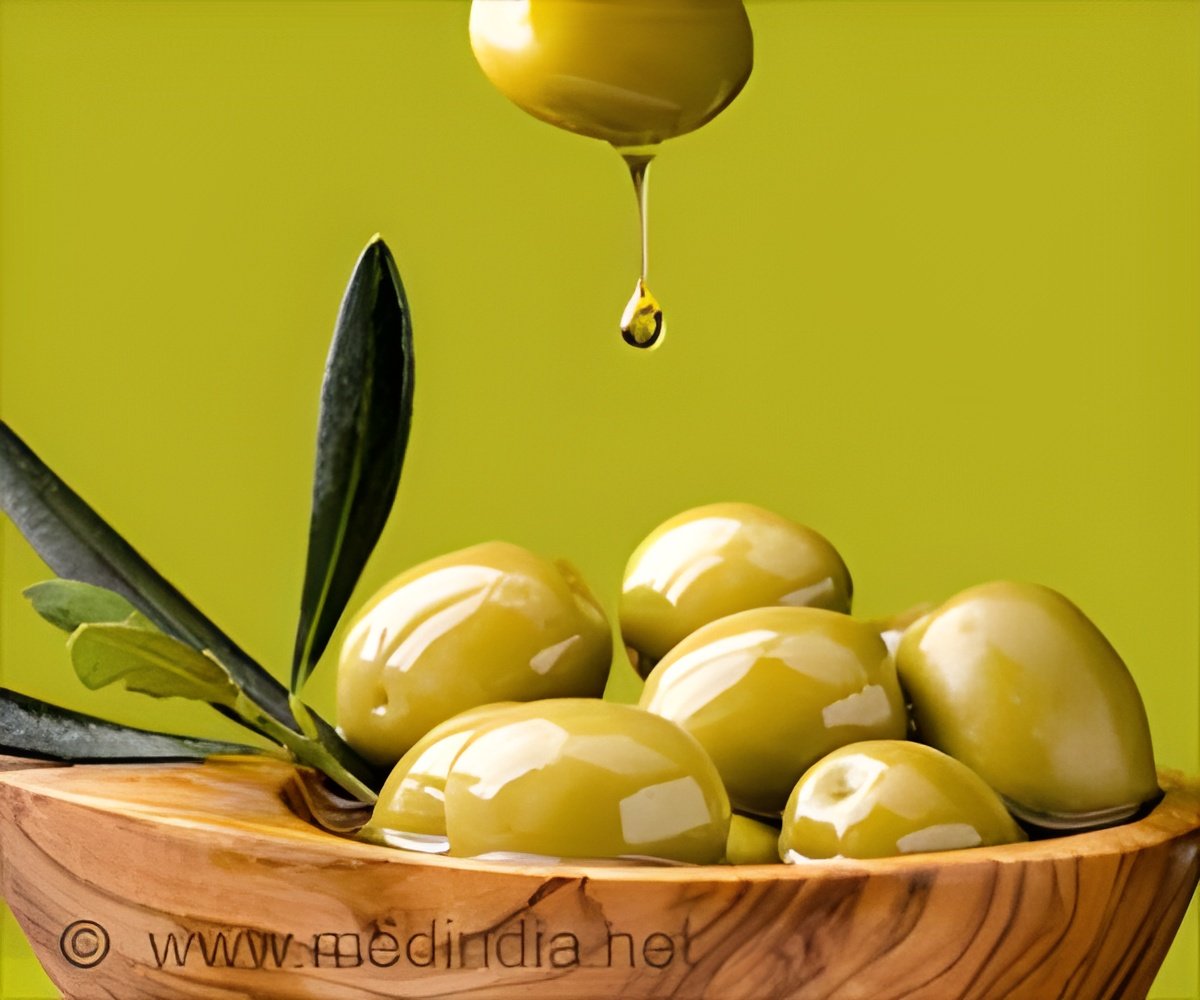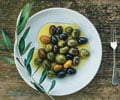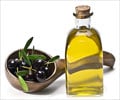Fresh olives are very bitter due to the presence of phenolic compounds such as oleuropein and ligstroside. Commercial processors use lots of water and, sometimes, harsh chemicals to destroy these bitter phenolic compounds in olives. So, check out, here is an eco-friendly way to remove bitterness out of olives.

TOP INSIGHT
Freshly picked olives are very bitter in taste due to the presence of phenolic compounds such as oleuropein and ligstroside. Using resins to soak up these bitter phenolic compounds from whole olives during typical brine storage can be the best eco-friendly way to remove bitterness out of olives.
Read More..
The researchers evaluated four different types of Amberlite™ macroporous resins for their ability to soak up phenolic compounds from whole olives during typical brine storage. After 76 days, one of the resins, called FPX66, reduced the concentration of oleuropein in whole olives to a level that was even lower than that of commercially processed, California-style black olives. The resin also reduced levels of the phenolic compounds ligstroside and oleuropein aglycone.
Afterward, the researchers treated the resin with ethanol to recover the olive phenolics, which were still intact. They say that the recovered phenolics can be used later as high-value ingredients or supplements.
Source-Eurekalert
 MEDINDIA
MEDINDIA




 Email
Email




